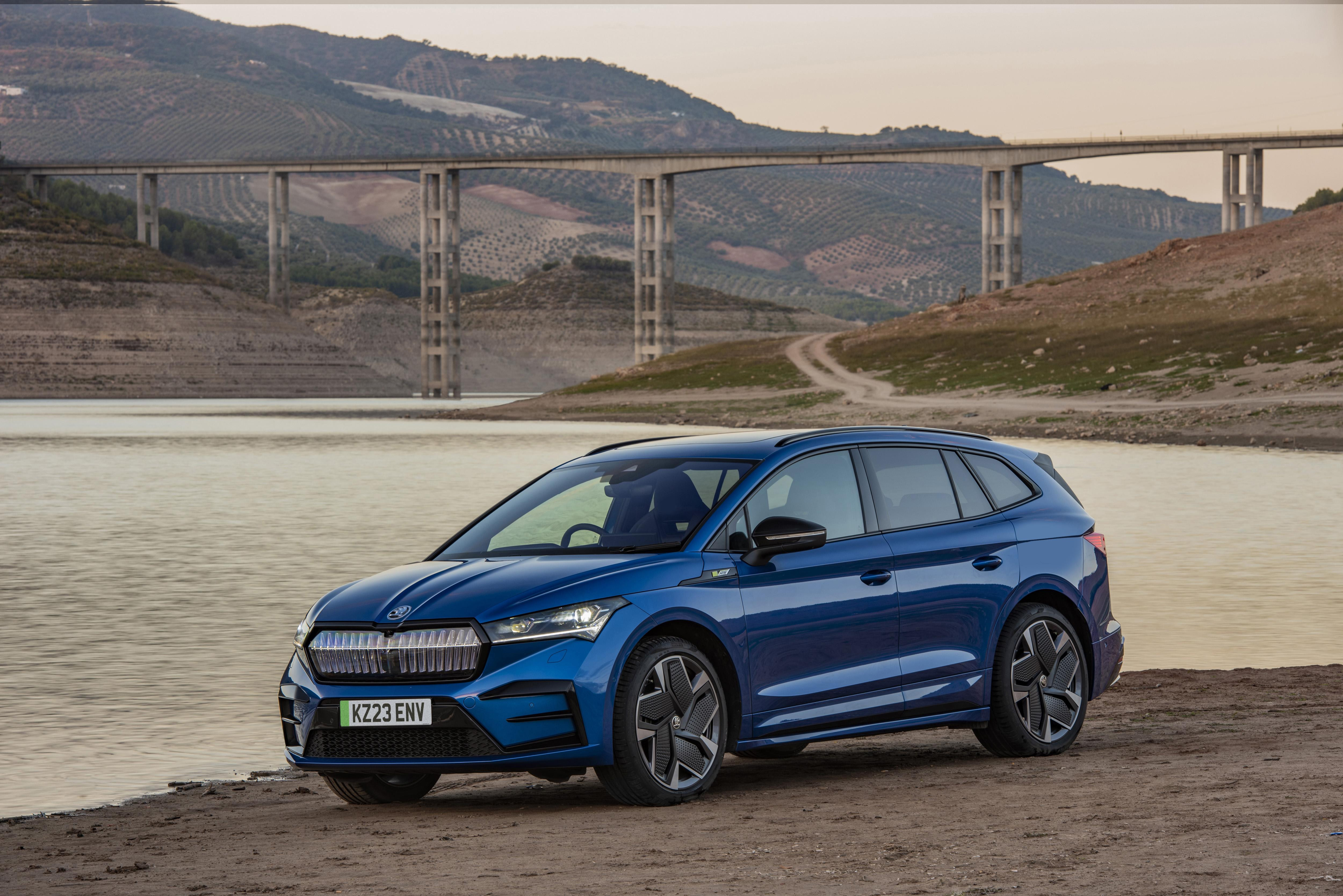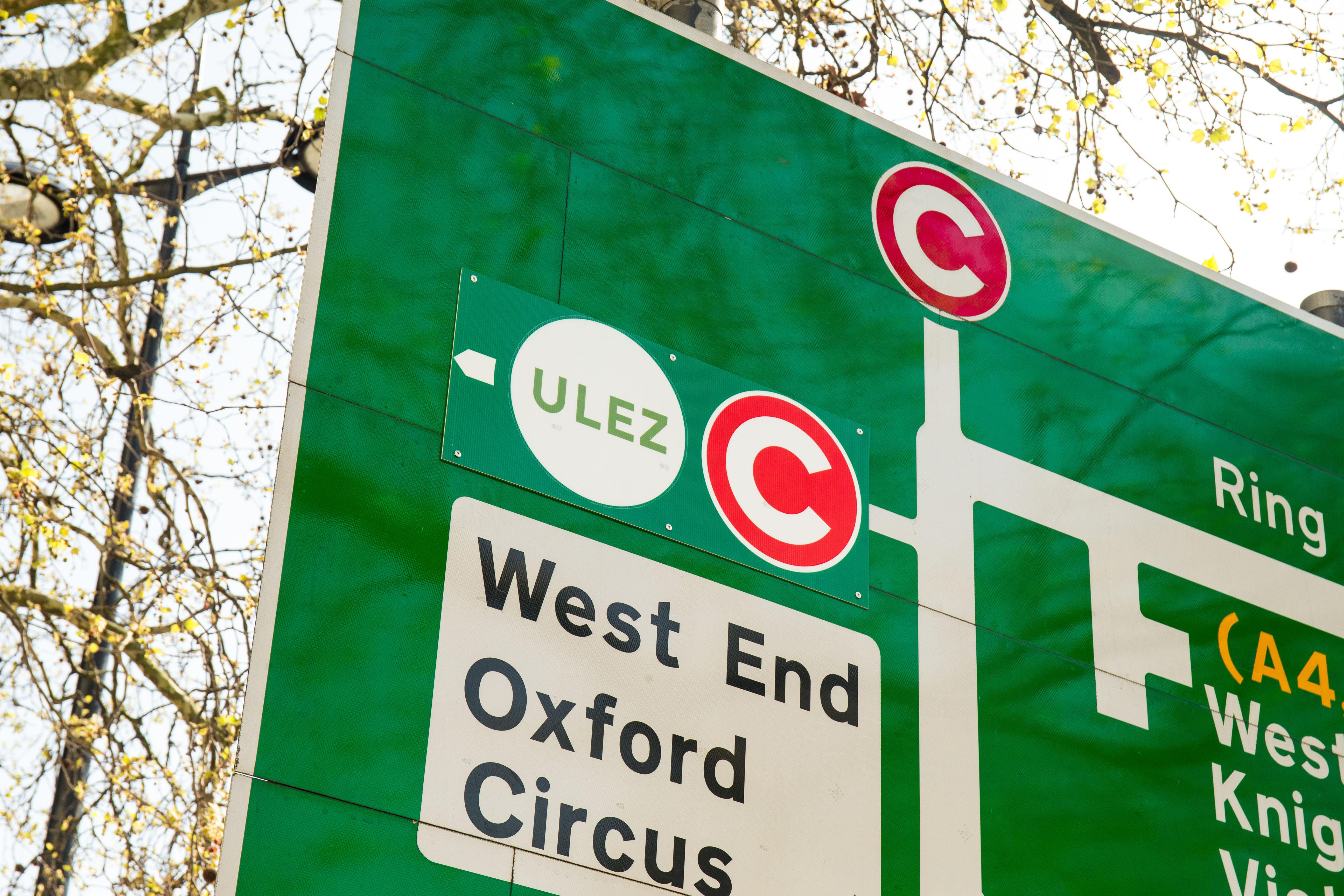What should I think about when leasing an EV

What should I think about when leasing an EV?
Leasing an electric car means thinking about things differently. Most people have purchased a petrol or diesel car and the requirements are pretty straightforward and well-covered, but things are a little bit different when it comes to EVs.
Here, we’re going to take a little look through some of the things which are worth bearing in mind if you’re thinking of making the switch to an electric car.
What’s my average driving distance?
.png)
Before you start anything, it’s a good idea to think about how far you usually drive. If you’ve got a commute to an office, then work out this distance or, if you’re doing more local routes to areas such as schools or clubs, then try this too. More information can really help, as it can show you realistically how much range you’ll need to get about. Given that most modern EVs can manage around 200 miles on a single charge, even relatively long commutes can be conducted on one single top-up.
However, if you’re a long-distance driver and frequently head up and down the country, then you might need to take more time to consider whether an EV could work. Have a look at the frequency of rapid chargers on your usual routes and work out how long you’ll have to stop and charge.
Can I charge at home?
We’ve mentioned this a few times recently but it still works here. Considering whether or not you’re able to install a charger at home is core to the EV experience. Why? Well, driving back home and plugging straight into your ‘own’ charger will always be easier than driving around trying to find a public one. It’ll be cheaper, too.
But also, if you’re in rented accommodation, it may be worth speaking to your landlord about the possibility of installing a charger - particularly before you start down the path of buying an EV.
Do I travel into cities frequently?

Clean Air Zones - or CAZ - are becoming more commonplace throughout the UK. Designed to crack down on localised emissions, they’re going to be a more common sight across the country over the next few years.
In London, with the expansion of the ULEZ zone and the continuation of the Congestion Charge, driving an EV has never looked so appealing as they’re entirely exempt. So if you’re frequently driving into the capital - or another major city - then an EV could prove to be a smart choice.
Can it charge quickly enough?
It’s not commonly talked about, but each electric car comes with its own charging limit. For example, an EV with a charging limit of 50kW will only ever go as quickly as that. So if you plugged it into a super-speedy 125kW charger, the maximum that the car could reach would still be 50kW.
This is something really worth looking into. Why? Well if you’re relying on making quick chargers - if you do longer journeys more often, perhaps - then you’ll want a car that’ll be able to accept a really rapid charge so you’re not waiting around at the chargers too long.
Does it fit my requirements?
.jpg)
Much like a ‘regular’ car, you’ll need to work out whether a particular EV meets your requirements. So, if you have a family and small kids, you might want to consider a larger, more practical EV like a Skoda Enyaq or MG5.
However, if space isn’t quite so much of a need then there are loads of more compact EVs that’ll prove both cheaper to buy and run. Cars like the Peugeot e-208 or Citroen e-C4 still give you the same great electric experience, but you’ll find them much easier to park and live with - particularly if you live in the city or an urban environment.


















